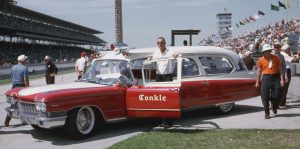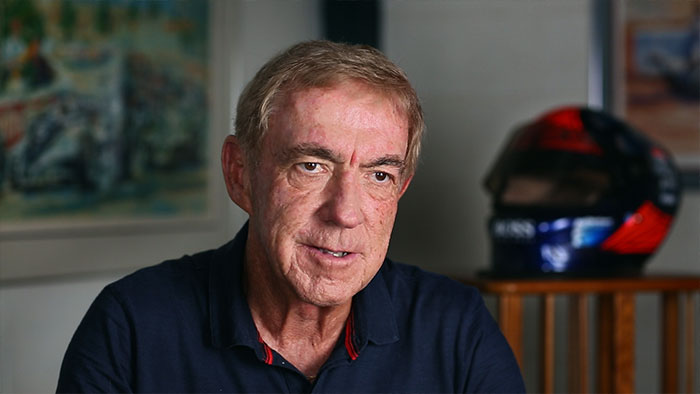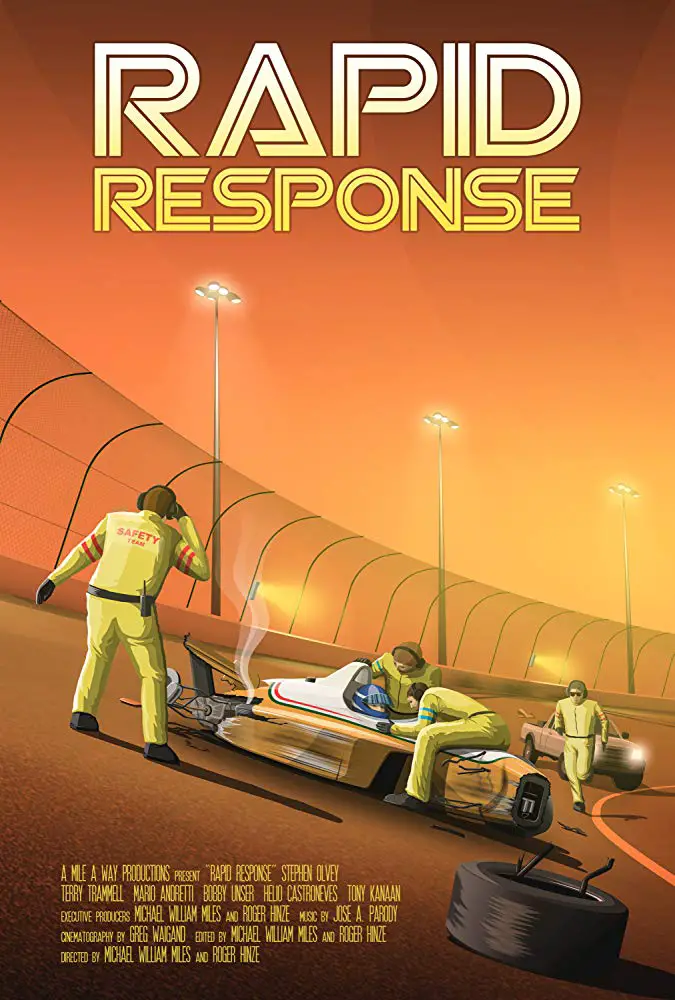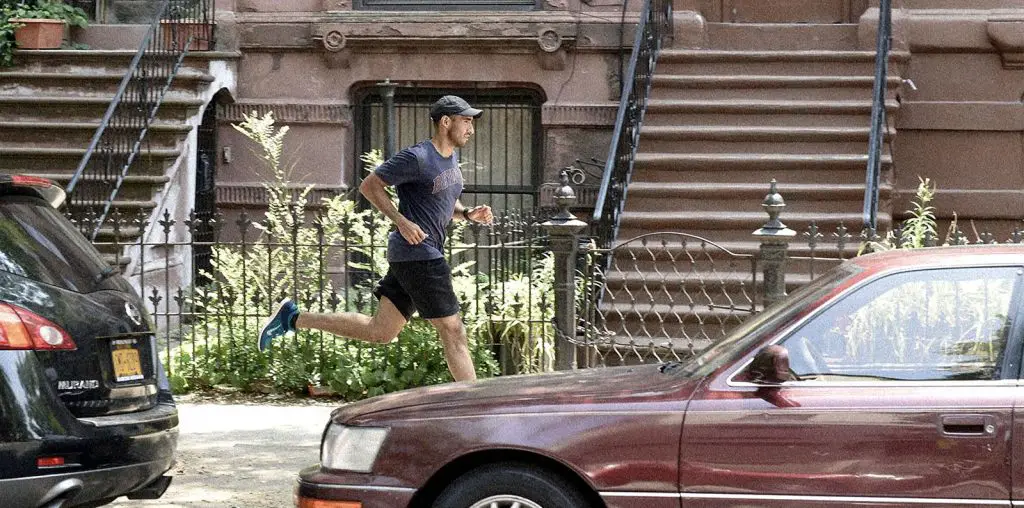
In Rapid Response from directors Roger Hinze and Michael William Miles, they document the long history of the medical response team in auto racing and its advancements in saving lives year after year. I know there are a lot of racing fans out there and much like hockey and fighting, the most exciting moments in racing are the crashes. While we watch from a long distance, they seem pretty incredible, but up close, there are real lives at stake, and drivers do indeed die.
During the early days of auto racing, the best of the best would compete throughout the year in a chance to race in the Indianapolis 500. When it came to safety, there was none. Every year, 1 out of 7 drivers died in race-related accidents, and it was just an accepted fact. As a driver, you never knew if you were going to be next. Many drivers died from collisions, but most died due to gasoline fires. This prompted the ban of gasoline in favor of the more controlled ethanol fuels.
Alarmed by the stats, the owners of the Indianapolis Motor Speedway demanded that medical care is on-site during the races and hired Dr. Thomas Hanna to lead the charge. Under his leadership, the speedway was the first to have an actual medical center constructed on property.
In Rapid Response, one of Hanna’s colleagues, Dr. Steven Olvey is the central figure telling the story. As a young man, who wanted to be a race car driver, Olvey’s life changed after a long conversation with his parents convince him to become a doctor instead. His passion of racing led him to volunteer as medical staff. Today, he is the lead medical consultants for the industry.

“…they document the long history of the medical response team in auto racing and its advancements in saving lives…”
Rapid Response follows a detailed history of safety in auto racing. Starting with the need for actual medical professionals to be on the track as opposed to volunteers who acted as medical professionals. Word got out to the drivers that Indianapolis had medical care and demanded it from other racetracks across the nation, but promoters didn’t want to spend the money on it. Literally a prominent driver had to die in order for them to change their minds.

"…a race is canceled for the first time for medical reason"

